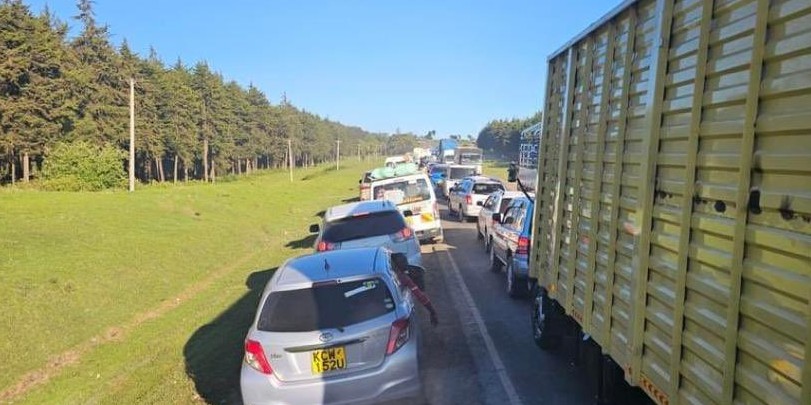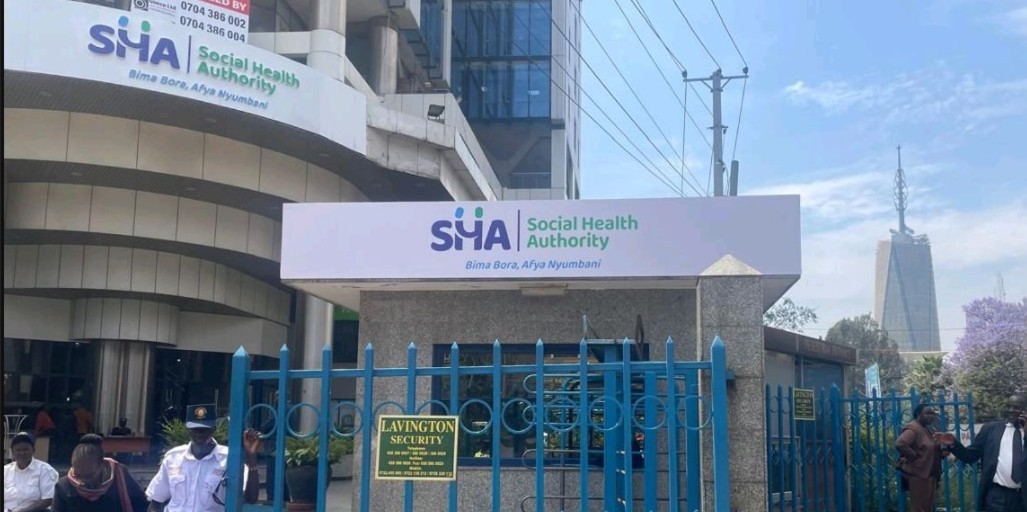Penalties on pending bills surge by Sh3.7 billion, hitting Sh25.28 billion

Figures released by the Controller of Budget (CoB) show that fines and interest linked to pending bills increased to Sh25.28 billion from Sh21.58 billion a year earlier.
Government bodies are facing a growing financial burden after penalties on unsettled bills climbed by Sh3.7 billion in the year ending June 2025.
The rise has been attributed to delayed payments to contractors and suppliers, with road agencies leading in the accumulation of extra charges.
More To Read
- Motorists to pay Sh8 per kilometre on Rironi–Mau Summit Highway under new plan
- Treasury reveals Sh30 billion paid to fund road projects across Kenya
- China Road and Bridge Corporation, NSSF endorsed for mega Rironi–Mau Summit Road upgrade
- Nairobi Southern Bypass to close this weekend for Standard Chartered Marathon
- Kenya’s 2026/27 budget set at Sh4.65 trillion – Here’s what it means for you
- Treasury warns billions at risk as counties rely on third-party revenue systems
Figures released by the Controller of Budget (CoB) show that fines and interest linked to pending bills increased to Sh25.28 billion from Sh21.58 billion a year earlier.
The bulk of this growth stemmed from obligations by the Kenya Rural Roads Authority (KURA) and the Kenya National Highways Authority (KeNHA), highlighting the significant challenges faced by state corporations and semi-autonomous government agencies in clearing outstanding debts.
For years, contractors have supplied goods and services to public institutions but have had to endure long waits for compensation, which the CoB has flagged as one of the biggest barriers to proper execution of the national budget.
“To address the challenges, the Controller of Budget recommends that the National Treasury fast-tracks the settlement of verified pending bills,” CoB, Margaret Nyakang’o, states in the review.
Data from the review shows KURA’s penalties and interest rose to Sh12.34 billion from Sh9.72 billion, while KeNHA’s charges climbed to Sh7.81 billion, up by Sh2.3 billion.
This was despite expectations that the two agencies would ease their obligations following the release of a Sh73 billion loan earlier in the year to settle contractors’ claims.
The loan is set to be repaid through a Sh175 billion bond issue later this year.
Some relief was recorded at the National Oil Corporation of Kenya, which managed to pay Sh2.58 billion, lowering its fines and interest to Sh1 billion over the period.
The persistence of unpaid bills has placed many businesses that trade with the government in distress, with some being forced to halt expansion plans, cut staff, or depend heavily on borrowing to sustain operations.
“Accumulation of pending bills restrains cash flows to businesses, resulting in liquidity constraints, especially for Small and Medium-sized Enterprises, as they have to endure the long wait for settlement of overdue payments. This forces such businesses to either scale back operations, lay off workers, or even shut down operations,” Dr Nyakang’o warned.
Despite repeated instructions from the Treasury to settle contractors, many government agencies have continued to accumulate arrears.
Overall, pending bills owed by public institutions rose to Sh379.04 billion as of June 2025, up from Sh358.3 billion in the previous financial year, pointing to worsening cash-flow challenges across the private sector.
Top Stories Today












































